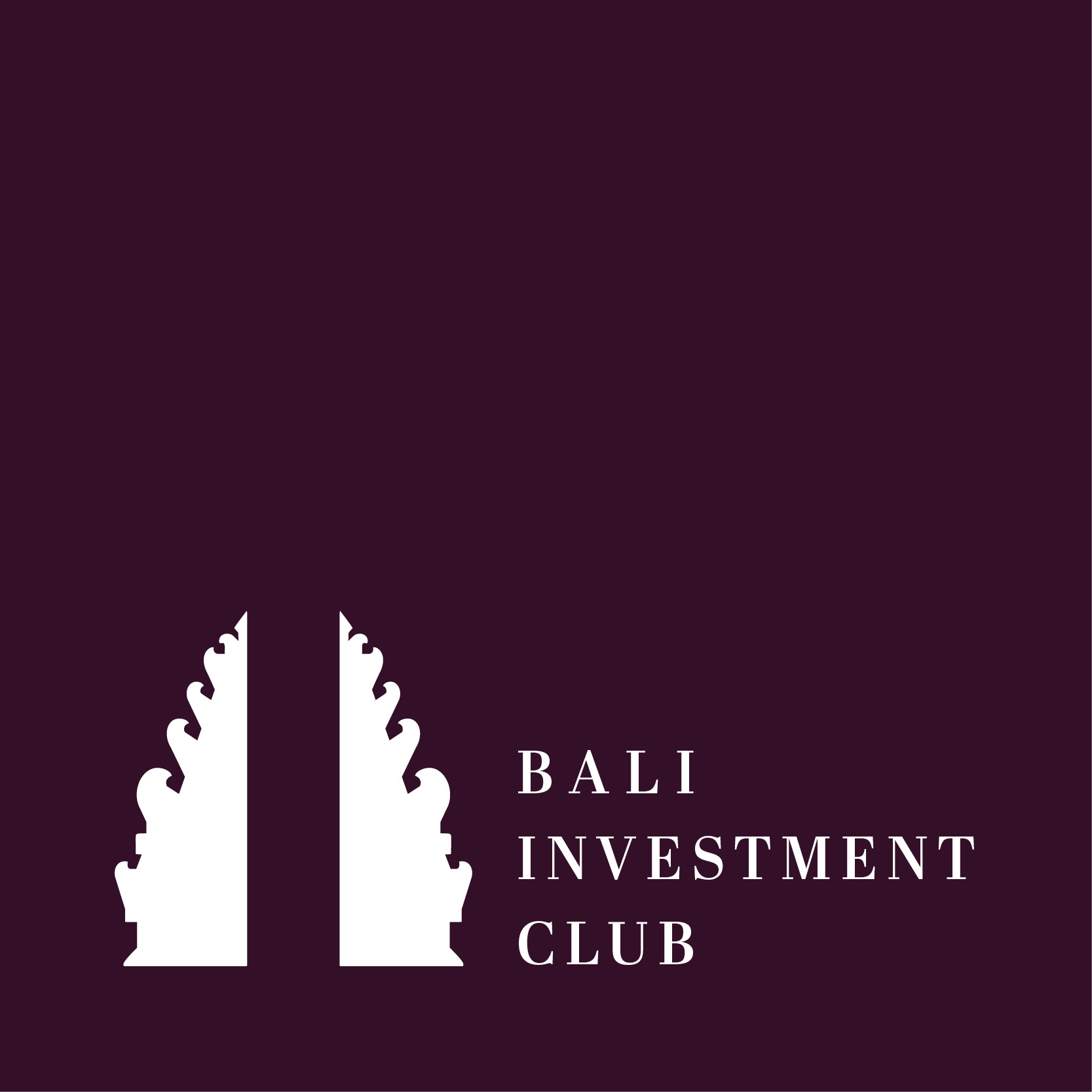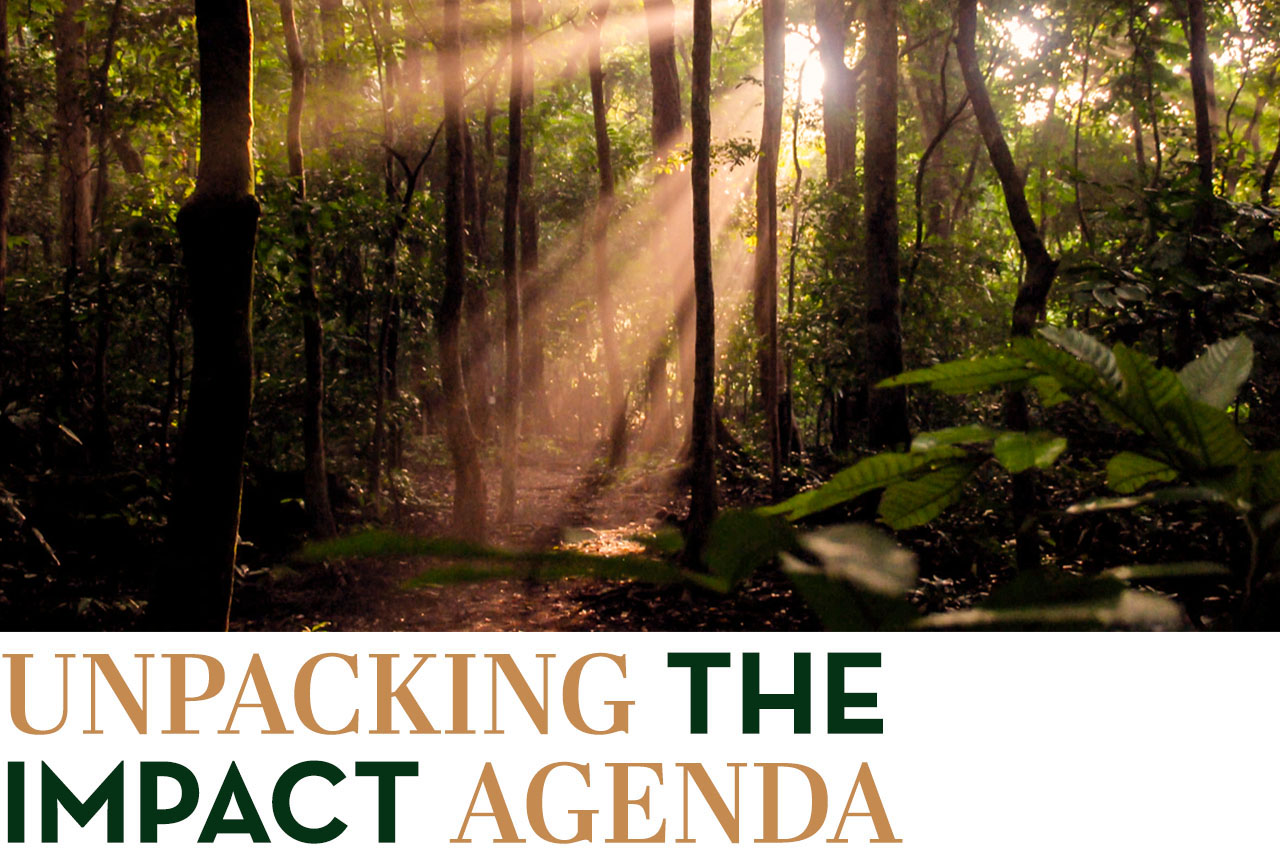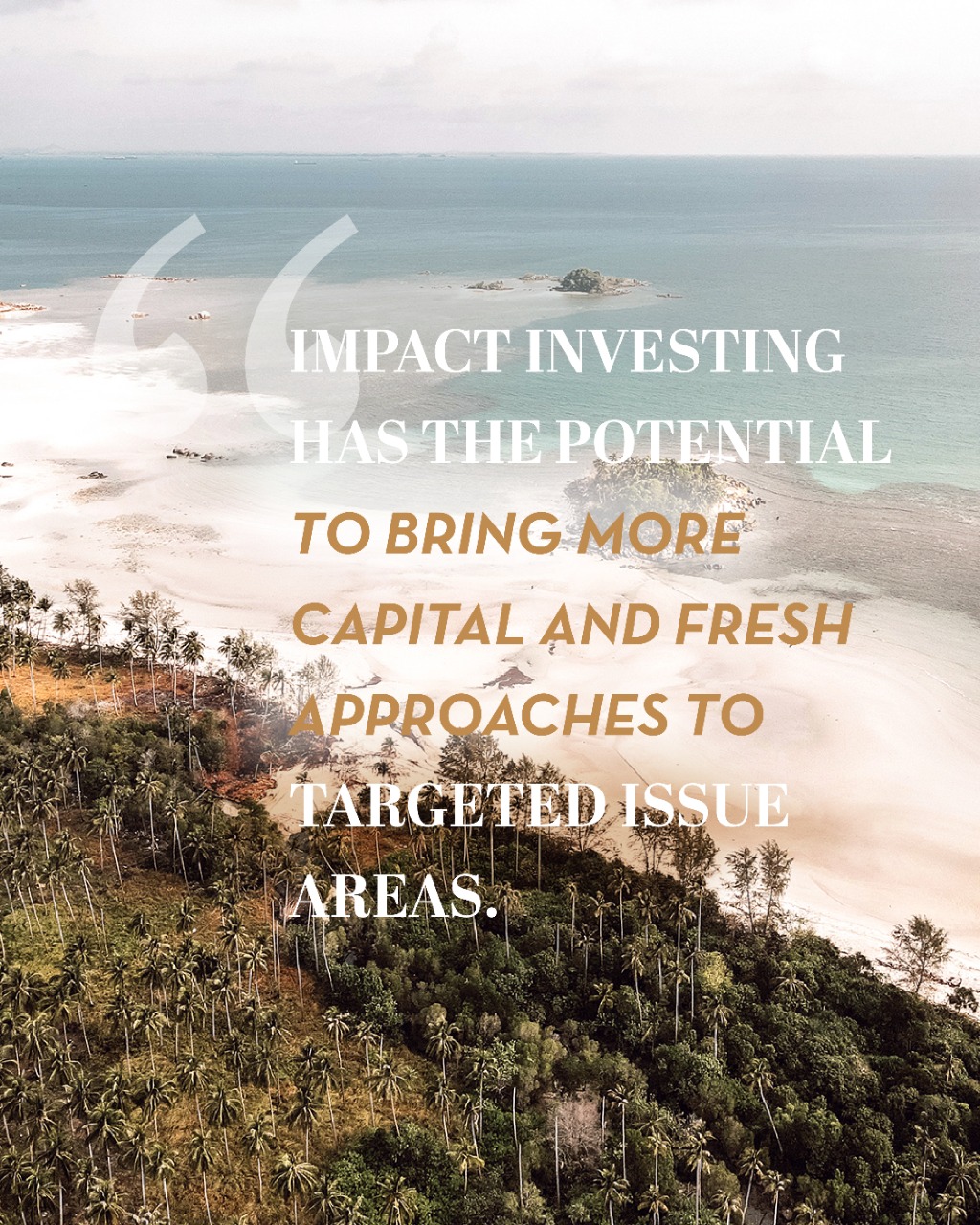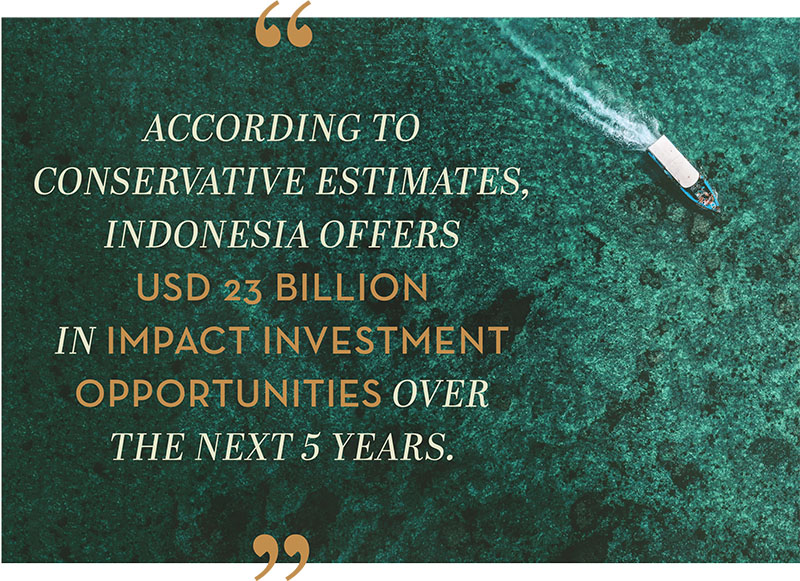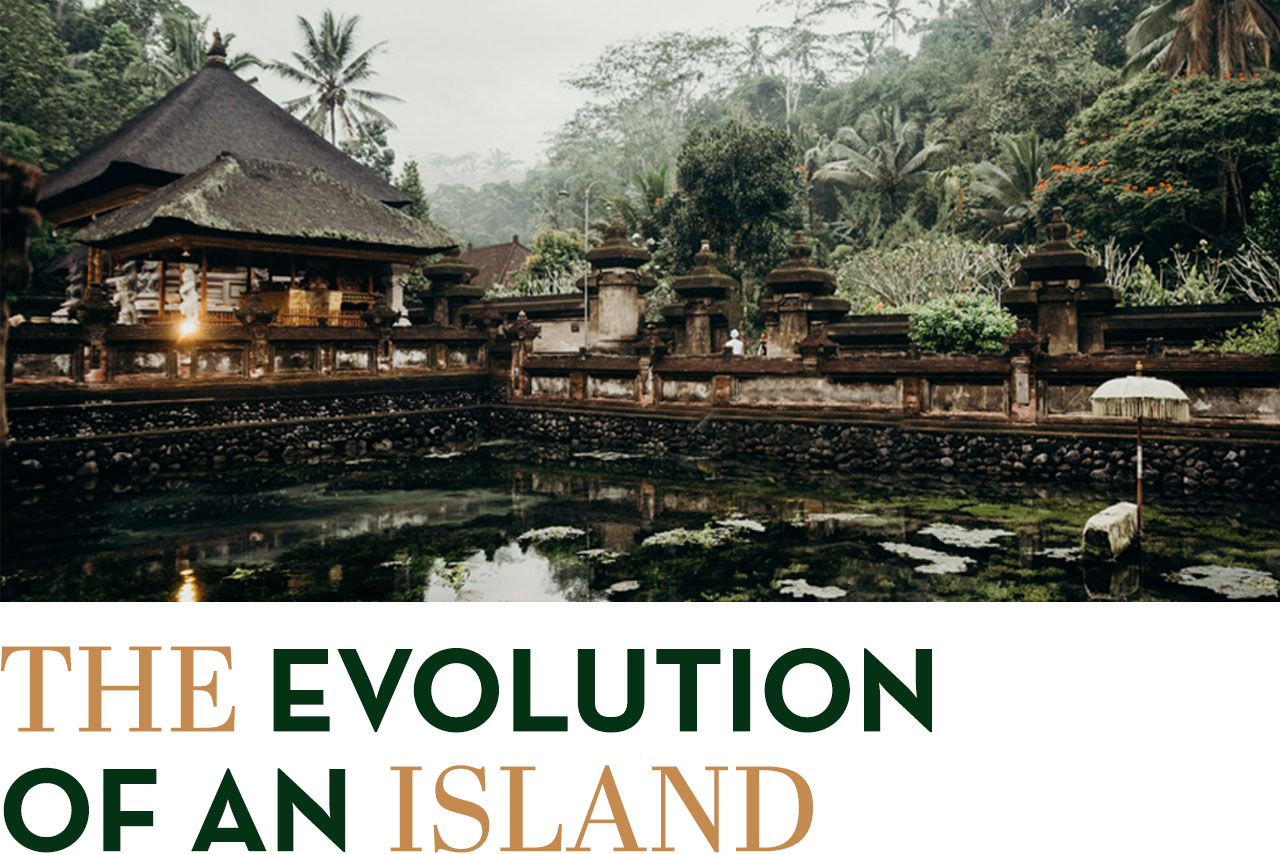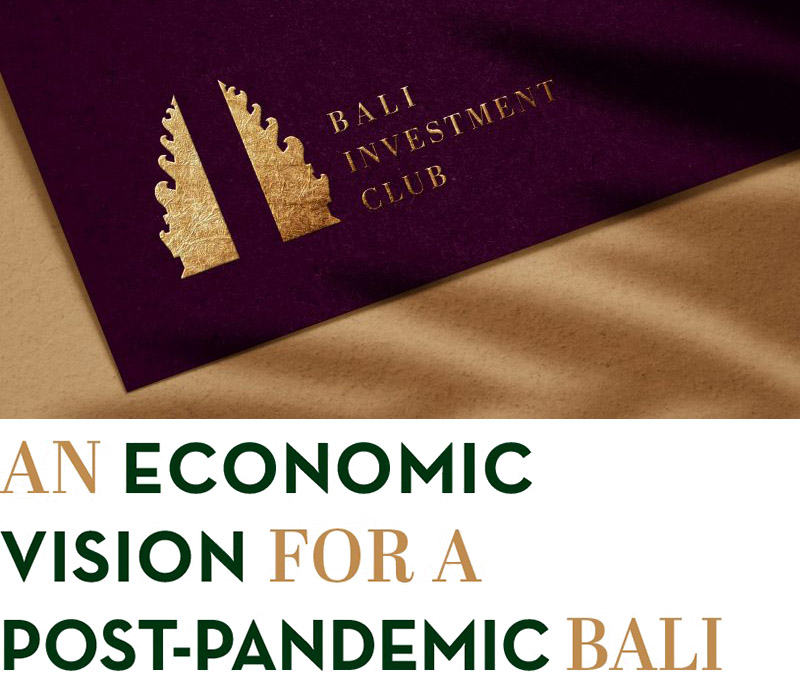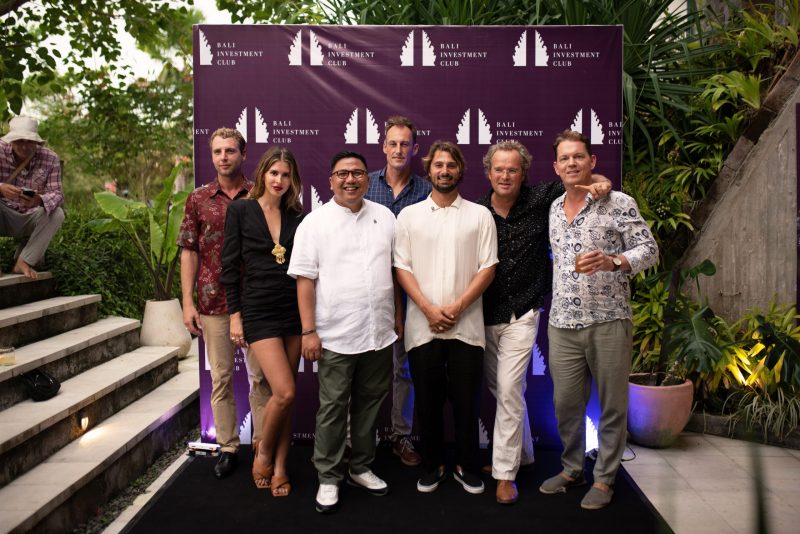7 Steps To Find Your Next Investors


For many startups looking to grow their business, attracting potential investors is crucial. Consider it like a garden. Before an investor participates, you must first place the seed in the soil and get the plant to flourish a little. This is where the real work begins. Investing is all about the future, for some it’s about how you reward your future self by taking care of yourself in the present, for others it’s about taking a trend to a whole new different level. Figuring out what the investors are driven by will help you develop a mandate fit and an emotional connection for the business itself.
Every type of investor comes with their own set of terms and conditions. As a start-up company, it’s crucial to understand where you stand in the timeline of your business and the amount of money you actually need. Understanding the playing field and who to approach will help you seize that big investment you’re looking for.
What about the cost of capital? Is it better to have debt or give equity? The key to answering this lay on comprehending the weight and the amount of responsibility it gives to where you stand now. If you’re early in the business having debt could be better as it frees you from less obligations in the future, but if you’re looking for a beneficial long-term partnership, equity is for you. The basics of investment is always about returns. Depending on the projects and the type of investors, they will value returns in different ways. Here at BIC, we look to provide a healthy mix of financial returns and how the money is going to contribute to the well-being of Indonesia. See our investee checklist here.
The 7 Steps
01. Representing Investors
First and foremost, your projects have to be aligned with what they represent. Some need an impact agenda, some look for high scalability, others only invest in local startups.
02. Good Self-Image
Secondly, they not only invest in your company but also you as a person. The team you gather and the people in it will also act as a “make-or-break” factor, as your business’s survivability and means to adapt rests on them.
03. Understand The Market
Can your idea be implemented on a global scale or is it only affecting a small village? Understanding the market numbers, having good margins and traction will show that not only you are (can be) profitable, but you’re also delivering that special value that makes you stand out from the others, which will lead you to capturing a bigger slice of the market.
04. Know The Deal
What are you willing to give in return for the money? Is it a long or a short partnership? Matching your timelines to an investor agenda will help determine the nature of your relationship, it could be a transactional or a strategic one.
The deal itself can happen within a span of a month to 12 months. So don’t get discouraged if you’re getting “No” as an answer. Come back with a follow-up result in a span of months for a chance on turning that to a “Yes”, as it shows the persistence of your company.
05. Be Clear and Honest
Self-reflection will also help you determine what your business needs most, be clear and be honest. This attitude will help you to open doors you never knew existed. It can be a form of help if you do good with mentorship or networks, or it can also lead to hard cash flow if you’re ready for growth.
06. Goals of Your Project
It’s also important to determine what’s the endgame of your project. Is it to make $100,000 a month? Or to contribute to society and make you happy? Or be the next unicorn? What’s your vision? There’s also the need to build your features over time and choose which you want to bring forth as the face of your business for the next few years. Having a clear vision will show investors that you acknowledge your core and how you will add value in their life.
With great power comes great responsibility, as a founder it’s pivotal to be conscious of the perks that comes with the investments. Expect a change in working hours and in work-family dynamics. These types of commitment and preparations are needed as investors must have the reassurance that their money will be well-spent.
07. Get to Know The Battlefield
Lastly, the battlefield. What makes a great pitch? It’s when emotions meet facts. The story you’re telling, the bond you’re making with the investors, the numbers you achieve, the projections over the years and most importantly YOU. Personalising your pitch, thinking of the way you act as a torch bearer, a spearhead for your company, will help to convince investors you deserve their attention and capital.
Conclusion
Attracting investors can be challenging and time consuming. That’s why you have to prepare everything very carefully down to the smallest detail. Understanding your core and values will take you one step closer to achieving your goals. At BIC, we help companies prepare and be ready to receive funding. Think you need help getting there? Drop us a line and we’ll set up a one-on-one chat with you. Follow your dreams and make the world a part of it.

